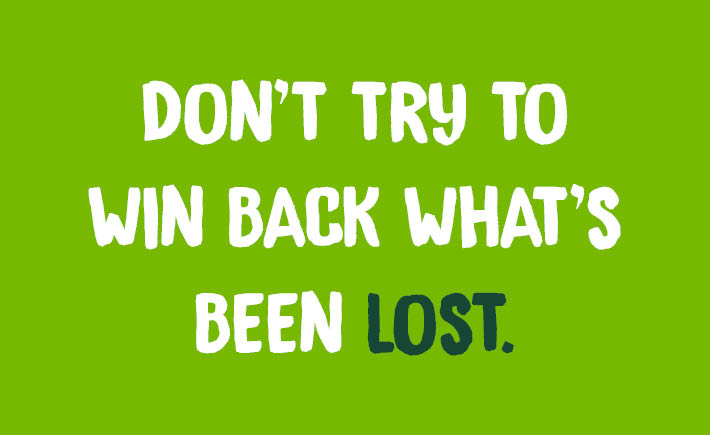Chasing losses
If you’ve lost several hands in a row, you might start to feel like the next play is sure to pay off, right? Wrong. Chasing losses is a vicious cycle that often leads to riskier bets, more and more plays, and dipping into money you don’t want to part with. You think if you can just get one big win, all the pressure will fade away. But it won’t—the chase usually leads to more losses.
Financial Strain
Gambling should never come at the expense of your financial stability. Losing track of spending, borrowing money, or selling things to keep betting are signs things might be getting out of control. If you’re not careful, chasing losses can leave you struggling with debt.
Hiding how much you play
Maybe you’re not truthful about how much you play, or you avoid telling new friends that you gamble, or don’t mention to your partner, friends or parents that you played last night. If any of these sound familiar, something’s off.
Using gambling to combat stress or as an escape
When life feels overwhelming, gambling might seem like a way to distract yourself. But it’s a short-term fix - stress or challenges tend to return once the game is over, especially if you’ve lost.
Feeling anger, regret or anxiety around gambling
If you feel uneasy before playing or regretful afterward, it could be a sign that gambling isn’t bringing you the enjoyment it once did. Emotions like these can lead you to override your game plan. And slight deviations from your plan can have big consequences, leading you to chase losses and feel even more regret, frustration and anger at yourself.



